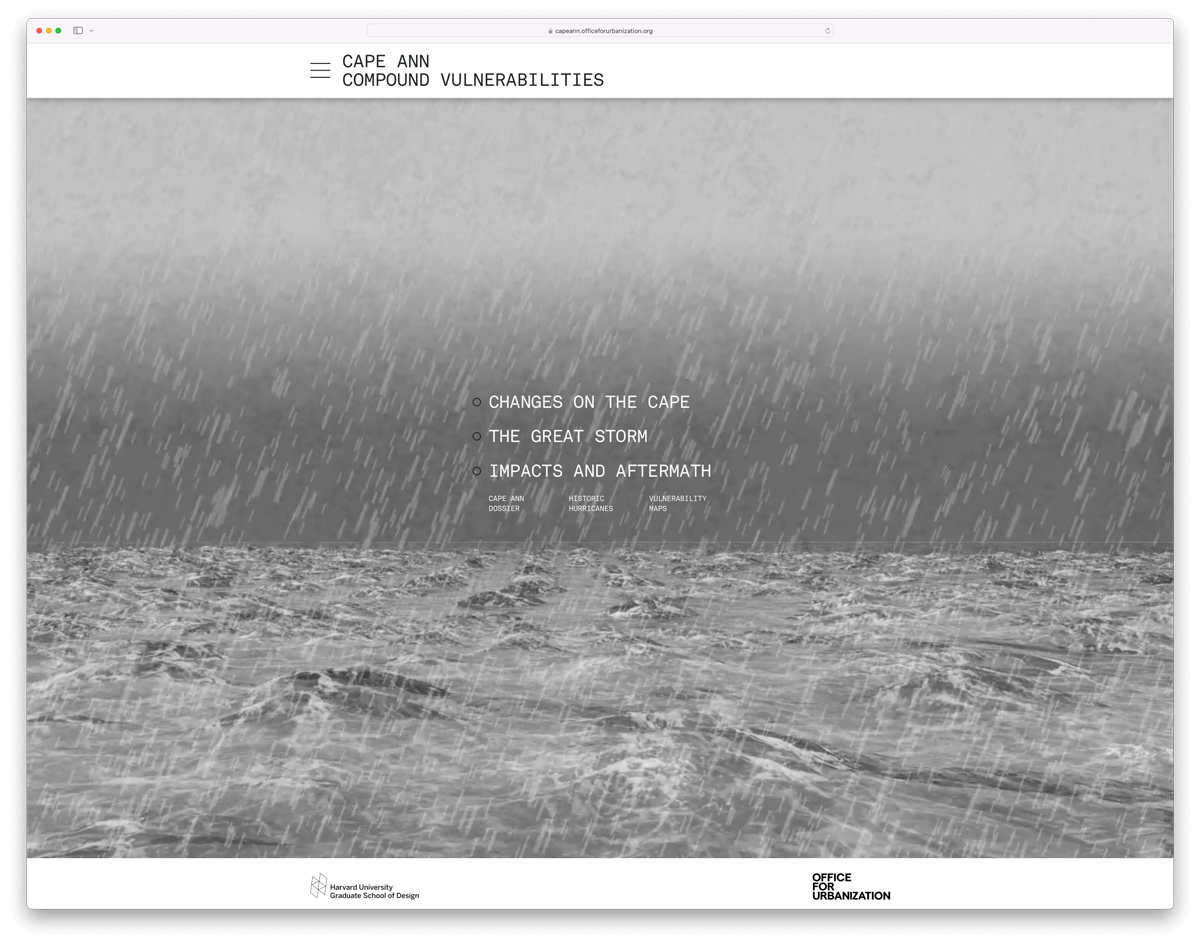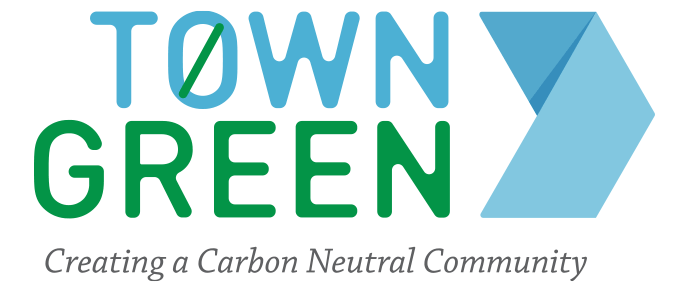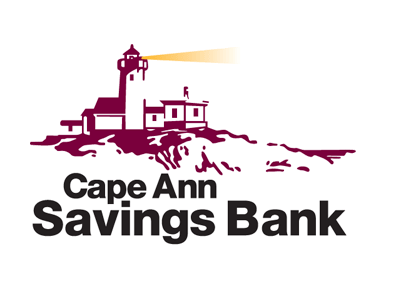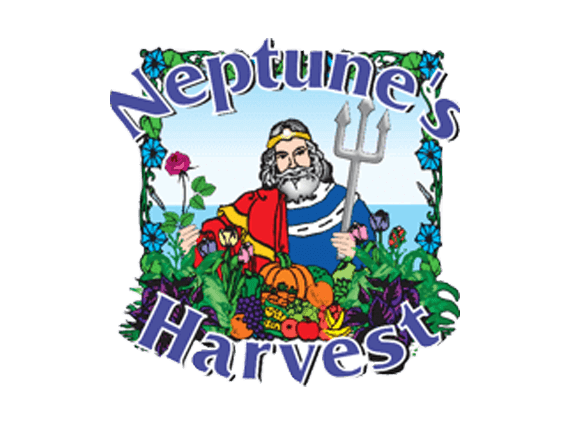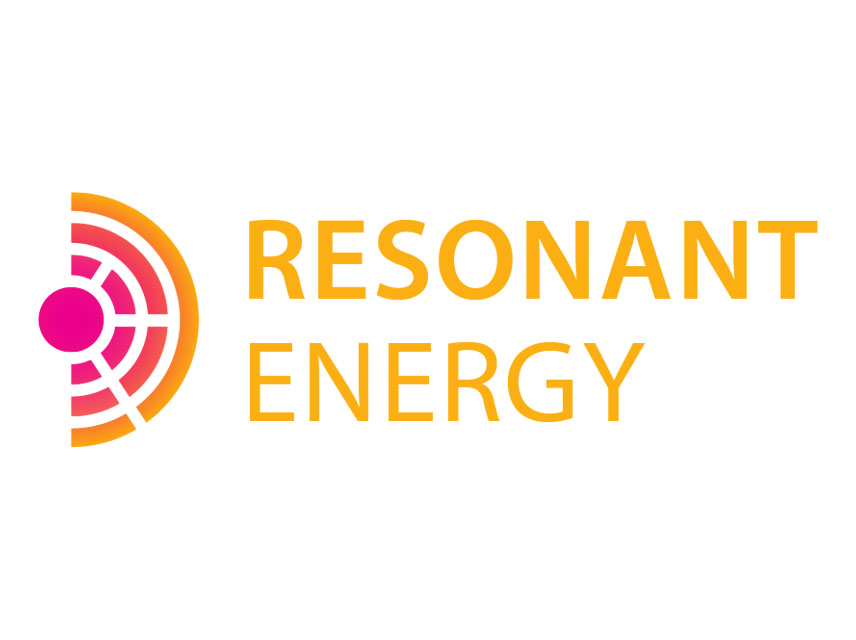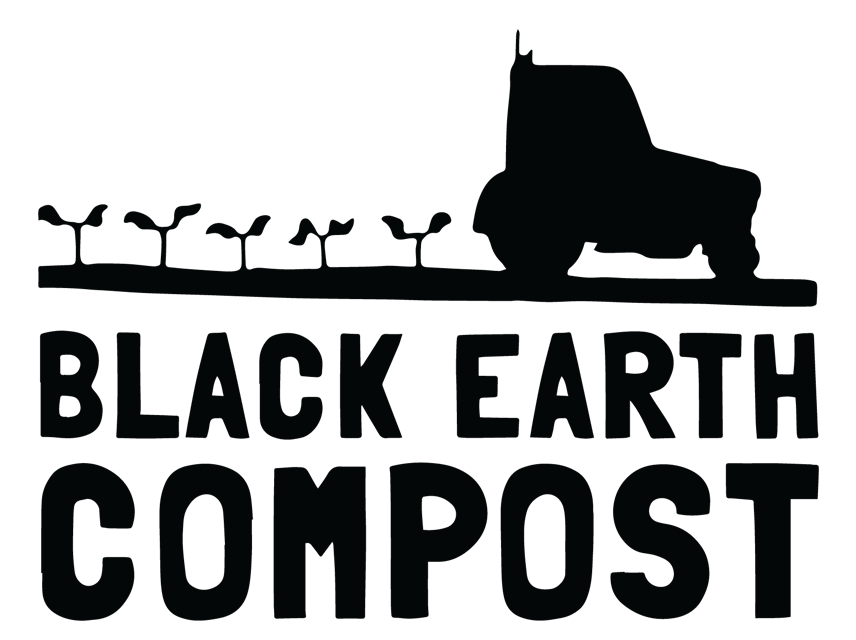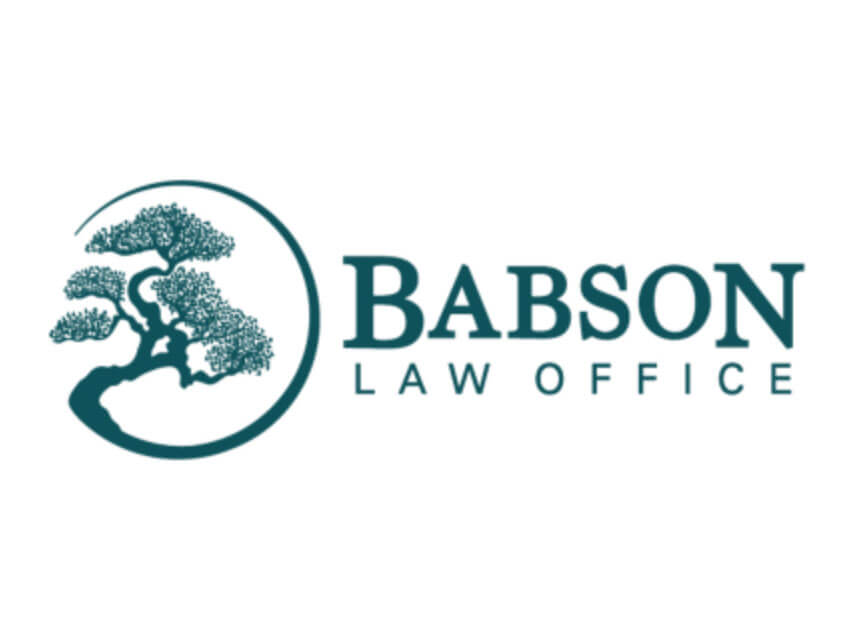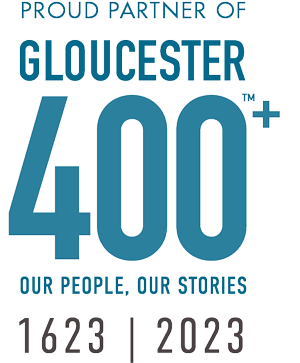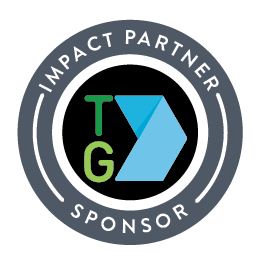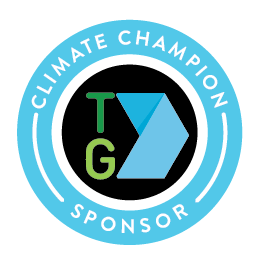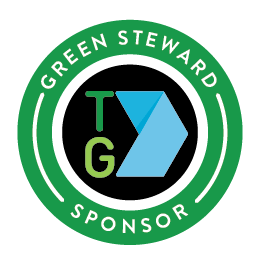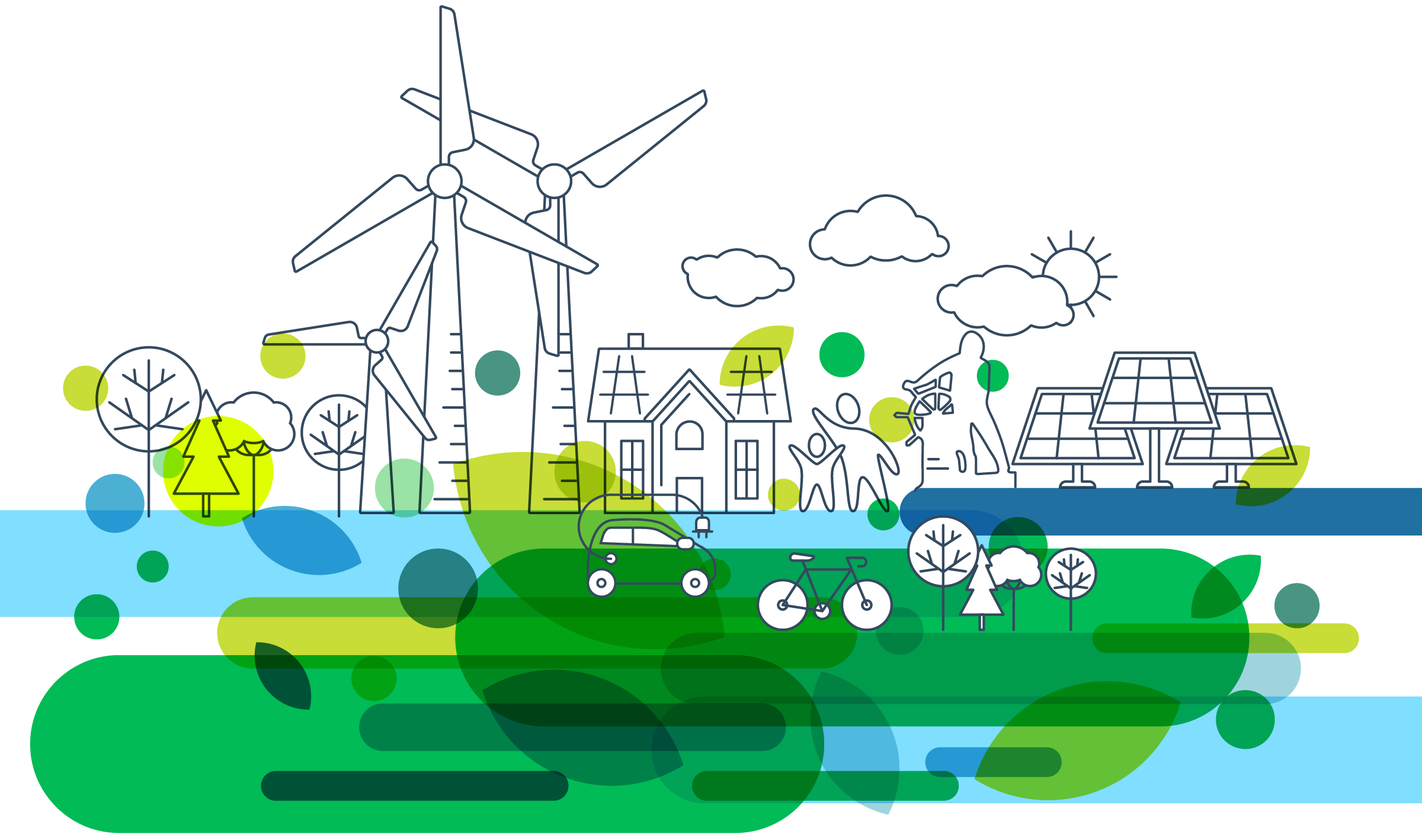EPA Releases Final Cape Ann Building Blocks Report with Important Recommendations for Cape Ann Communities
The U.S. Environmental Protection Agency’s Building Blocks Program for Regional Resilience has released its Cape Ann Summary Report August 2022 with Appendices (downloads below) based on two public workshops that convened in the Spring of 2022. The EPA’s workshops combined scenarios for sea level rise and flooding with Harvard Graduate School of Design’s Great Storm Scenario 0 analysis on the impact of a 2038 Category 3 hurricane, during which major damage would result to the region’s transportation, water and wastewater infrastructure, and power grid (see below for access to this Harvard study).
The final report provides a synthesis of projected climate impacts and current preparedness with recommendations for Cape Ann municipalities. Major opportunities were identified for regional collaboration, including:
- Regional solutions and funding to meet water and wastewater infrastructure needs and for roadways and bridges;
- Regular meetings of Cape Ann municipal representatives to share information and best practices;
- Cape Ann-wide education and engagement campaigns; and ultimately,
- Development of a shared climate policy vision that reflects the needs and priorities of the four communities.
Of particular concern to workshop attendees were the vulnerabilities of residents during a major storm and the physical and mental stresses during the recovery period that could include closed evacuation routes, extended power outages, limited access to food and healthcare facilities, lack of cell phone and internet access, flooding, and impacts on the elderly and low-income neighborhoods.
TownGreen is planning several initiatives to address these opportunities, specifically an updated Cape Ann Emergency Preparedness Plan that takes into account impacts of an extreme storm event.
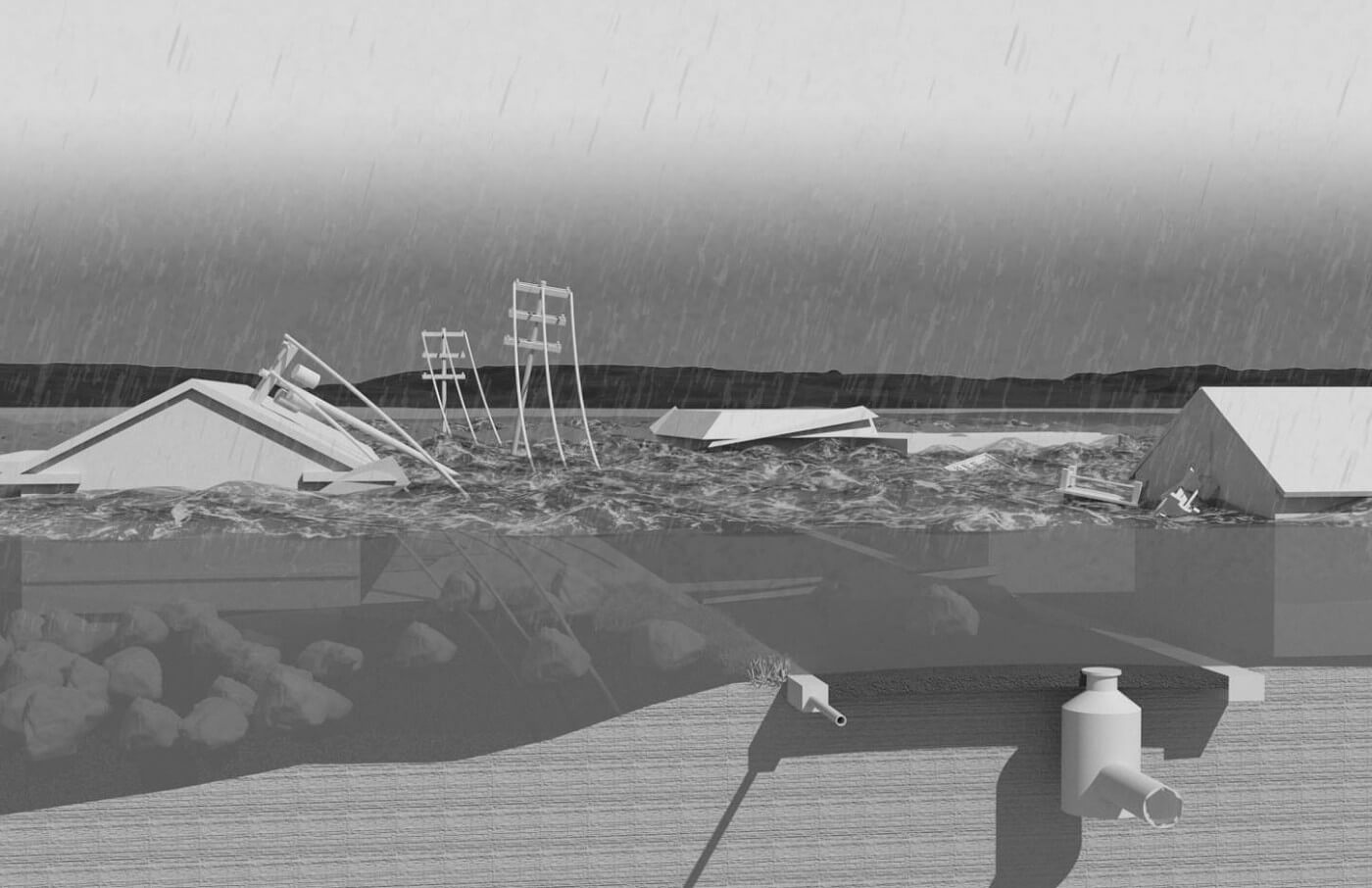
“The Essex Causeway during the Great Storm of 2038,” Typologies of Vulnerability: The Case of Cape Ann; Harvard GSD Office for Urbanization, 2022.
The TownGreen/Harvard Ethnographic Study Is an Innovative Way to Look at What Our Community Thinks
TownGreen announces the release of the TownGreen/Harvard Ethnographic Study (downloads below) to shed insight on what residents think and care about. This study was a regional effort by the four Cape Ann municipalities and funded by the City of Gloucester and the Town of Manchester By-the-Sea. The study’s principal investigator was Harvard Professor Gareth Doherty. From February to April 2022, two Harvard graduate students, Sohun Kang and Ayaka Yamashita from the Critical Landscapes Design Lab, lived in Gloucester to conduct fieldwork. The grad students walked, biked, used public transport, explored and observed Cape Ann’s landscapes, participated and engaged in various community activities, and talked with community members. As a result of this engagement and interaction, the research encompasses voices from a spectrum of society: the most vulnerable citizens to leaders and decision-makers.
Information was gathered from casual conversations with over 100 people and interviews with 44 Cape Ann residents, resulting in a final report that contains a fusion of multiple viewpoints as six composite characters that represent the viewpoints of all the people engaged by the Harvard team.
Here is an excerpt from the “Cape Ann Fieldwork: Perceptions of Climate Change Among a Coastal Population” study highlighting “Mario,” one of the six composite characters.
Q. Could you tell us about yourself?
I am a third-generation fisherman. My parents moved to the United States from Sicily after the Vesuvius volcano erupted in the 1950s. I have brothers and sisters who are all married and raised their families here. We still keep some Sicilian traditions. You should stay until June to see our St. Peter’s Fiesta and watch the Greasy Pole. St. Joseph’s Day is fun, too. We celebrate by making pasta together. I heard that you guys are interested in climate change. Do you have questions regarding that?
Q. Do you think the climate in Cape Ann is changing?
There used to be many horseshoe crabs on the beach. My brothers, sisters, and I used to catch them as a child. But now they are gone. Even sardines and mackerel can’t be found anymore. It was so abundant back then.
Q. What is your greatest concern for the future of Cape Ann?
I’m concerned about the fishing industry. There used to be 917 fishing boats in this town in 1991, but we only have 70 fishing boats now. Fishermen are losing their jobs. And it is not just about fishermen, it is the entire industry that is at stake here. I often see obituaries of local fishermen in the newspapers. Every year, we are losing the knowledge and skills of these fishermen. And not many young people are interested in continuing this profession. We fed America. But now the government has imposed so many regulations that it is almost impossible to continue fishing. They buy off permits every year. So we have fewer and fewer fishing boats in the water. We need to protect the generational pipeline. If we don’t do anything, it will be all lost.
Q. Do you think the decline of the industry has to do with climate change?
I am not sure if it was government regulation or climate change, actually. The government and scientists talk about fish stock assessment as if they are solid facts. However, fish move. Even if it is not there, it doesn’t mean that they are all gone. Maybe it is somewhere else. For instance, cod seems to have a ten- or fifteen-year cycle. In the 1990s, they were completely gone, but in the 2000s, the population came back more than ever. What I am trying to say is that no one fully understands how the ocean works. The government has put many regulations “to protect” the ocean and fishery, but have they made our ocean better? Fishermen used to catch what was abundant based on the season. However, nowadays, the government regulates the type of fish we can catch and its amount. If we catch too much, then we would have to either pay a fine to bring it in or throw it away. Isn’t it absurd?
Q. What can be done to better prepare Cape Ann for the impacts of climate change?
What the fishing industry can do is modernize the fleet and train young fishermen. If we can reduce our carbon footprint by changing the fishing vessel engines and introduce gutting machines, the industry can be sustainable and protect our ocean. Some people suggest that we should build an offshore wind farm. I think it is a nearsighted proposal. They argue that this is for the ocean and Earth. However, what they don’t talk about is the environmental destruction caused by this construction. These wind turbines are often built on the swath of fertile fishing land. They pour an immense amount of construction materials into the ocean to build these facilities. Then the Coast Guard will block any access to fishing vessels nearby. Why? Because if your boat sinks, they can’t send the helicopters because of the wind turbines. Also fish can feel the electricity through their organs. They will move away from the high-voltage cables in the ocean. Some people might think that the fishing industry is evil to the ocean. But this is where we made our living and fed the American people and the world. Why would we harm our ocean?
Q. What are your hopes for the future of Cape Ann?
What I loved most about living as a fisherman is the sovereign life. We roam free in the ocean, following the stock, and working when we want. And it seems that that is the nature of many fishermen. I have a friend who retired recently. You know what he does now? He drives around town collecting recyclables and electronics. He says it is like fishing on the ground. But seriously, I wish this way of living—sovereign life on the water— can be passed on to the next generations. I will also do my part to train more younger fishermen to continue this tradition.
REMINDER
Access the 2022 TownGreen/Harvard University Graduate School of Design’s The Great Storm Scenario 0 and Adaptation Scenario 1
This study provides narratives and graphics of the impacts of a Category 3 Hurricane on 27 iconic areas on Cape Ann.
- Link: https://capeann.officeforurbanization.org/
- Public Username: capeanncoalition@officeforurbanization.org
- Public Password: dogtowncommon
Coming up…
TownGreen Open Forum: Tuesday, September 13 at 7PM on Zoom
The next TownGreen Open Forum will provide a summary of ongoing projects and news, and allow for the public to ask questions and participate in discussions regarding climate change impacts and strategies on Cape Ann. TownGreen Newsletter subscribers will receive information on how to login. Sign up for the newsletter if you would like to receive regular TownGreen updates.
- Two additional Harvard Graduate School of Design scenarios will be released by TownGreen and available to the public at the end of September: Scenario 2: Net Zero Housing and Scenario 3: Waste System Regional Approach.
- In October (date to be announced soon), TownGreen will launch a three-part webinar series focusing on the Good Harbor ecosystem, which includes Good Harbor Beach, the marsh, and the surrounding connected ecosystem. This webinar will cite research from The Great Storm Scenario 0 study and local research by area experts. Anyone who loves GHB and the Good Harbor area should plan to attend.
- The Cape Ann Climate Coalition presents two workshops in October:
- Electrify Everything! Heat Pumps will take place on Saturday, October 1st at 12noon (venue to be announced soon) in partnership with the City of Gloucester. Mayor Greg Verga will be there along with several representatives from HeatSmart Alliance, MassSave, Action, Inc., and HomeWorks to present detailed information on how homeowners and landlords can retrofit homes and apartment buildings with heat pumps for heating and cooling and take advantage of new heat pump incentives.
- Electrify Everything! Affordable Ideas for Action will happen on Thursday, October 6th at 7:00pm at The Cultural Center at Rocky Neck (6 Wonson Street, Gloucester) as part of the exhibit, Land, Mark. This workshop will explain how to electrify homes and places of business as well as ways to engage in community renewable energy projects. Revision Energy will outline a roadmap to the electrified home and the Green Energy Consumers Alliance will get you thinking about how to purchase an electric vehicle. Learn how to access up to $10,000 in state incentives and rebates.
Municipal Meetings of Interest
Gloucester Harbor Plan Public Meeting: Wednesday, September 7th, 5:00pm
The Gloucester Harbor Plan Committee will host its third public listening session on September 7th. The goals for a draft plan will be presented along with concepts for I4C2. There will be opportunities for public polling, suggestions, and comments. Gloucester Harbor will be affected by sea level rise and extreme storms, including hurricanes. To register, link here:
https://us02web.zoom.us/webinar/register/WN_gdkHSpw-QGOjdb3w3t02CQ
Gloucester's Comprehensive Wastewater Management Planning: Tuesday, September 20th
The first public meeting on Gloucester's wastewater management plans, including steps to upgrade the wastewater treatment to meet secondary standards, will convene on September 20th. Several options are being considered, such as potential regionalization and energy recovery. Details for how to participate will be posted on the City of Gloucester website.

